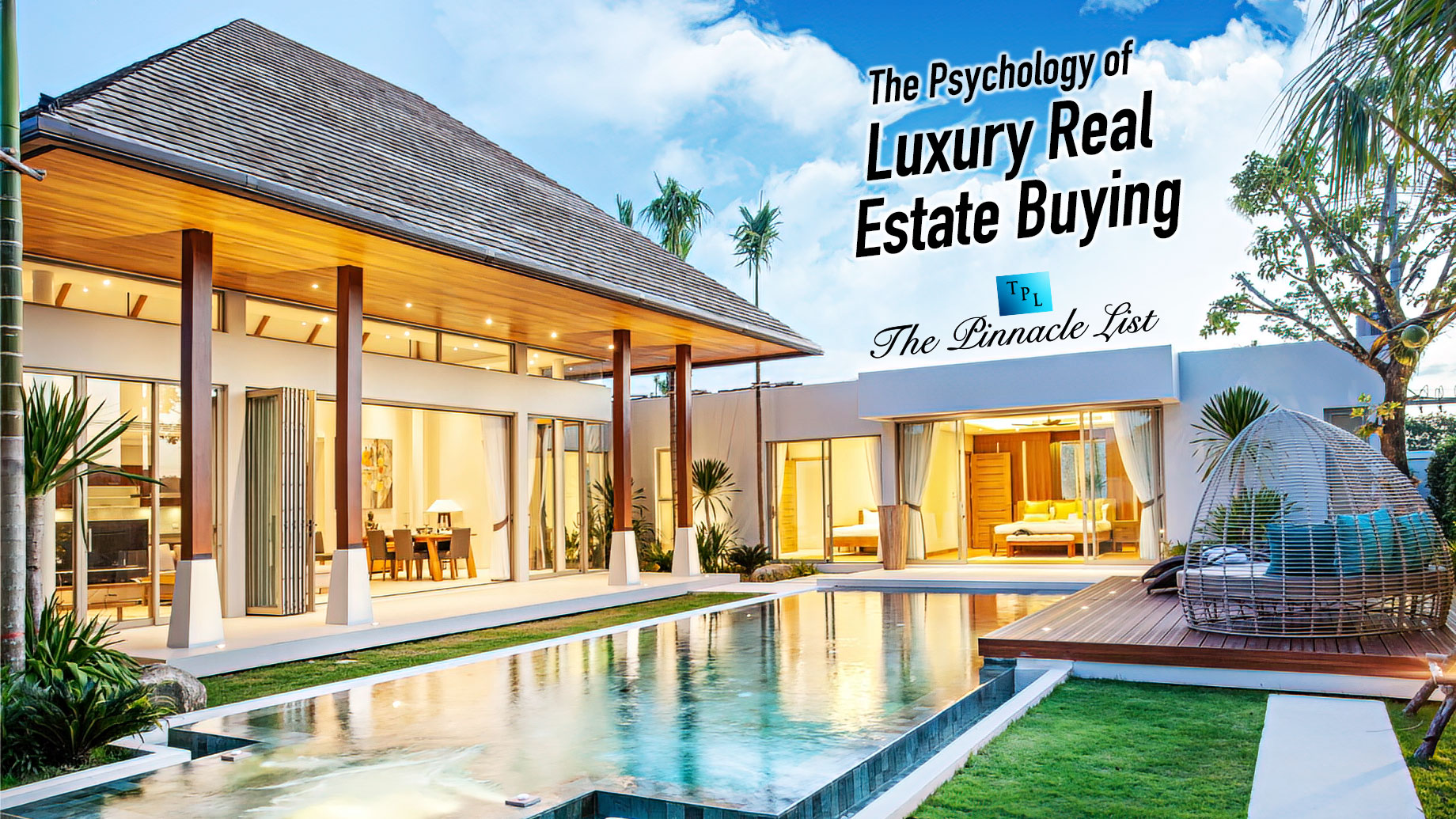
The basic need for shelter is not met by the luxury real estate market, which is a sector where sentiments, social status, and financial investment all collide. Luxury real estate goes beyond the essential demand for shelter. A magnificent home is more than just a roof over one’s head for the wealthy; it’s also a symbol of one’s success, a chance for one’s finances to expand, and a quiet refuge to go to when one needs some time to themselves. This article offers an in-depth look at the psychological motivations that lead people to invest in high-end real estate. It studies how the environment of high-end real estate is created by factors such as status, emotional ties, and financial ambitions.
1. Emotional Connection: More Than Just Bricks and Mortar
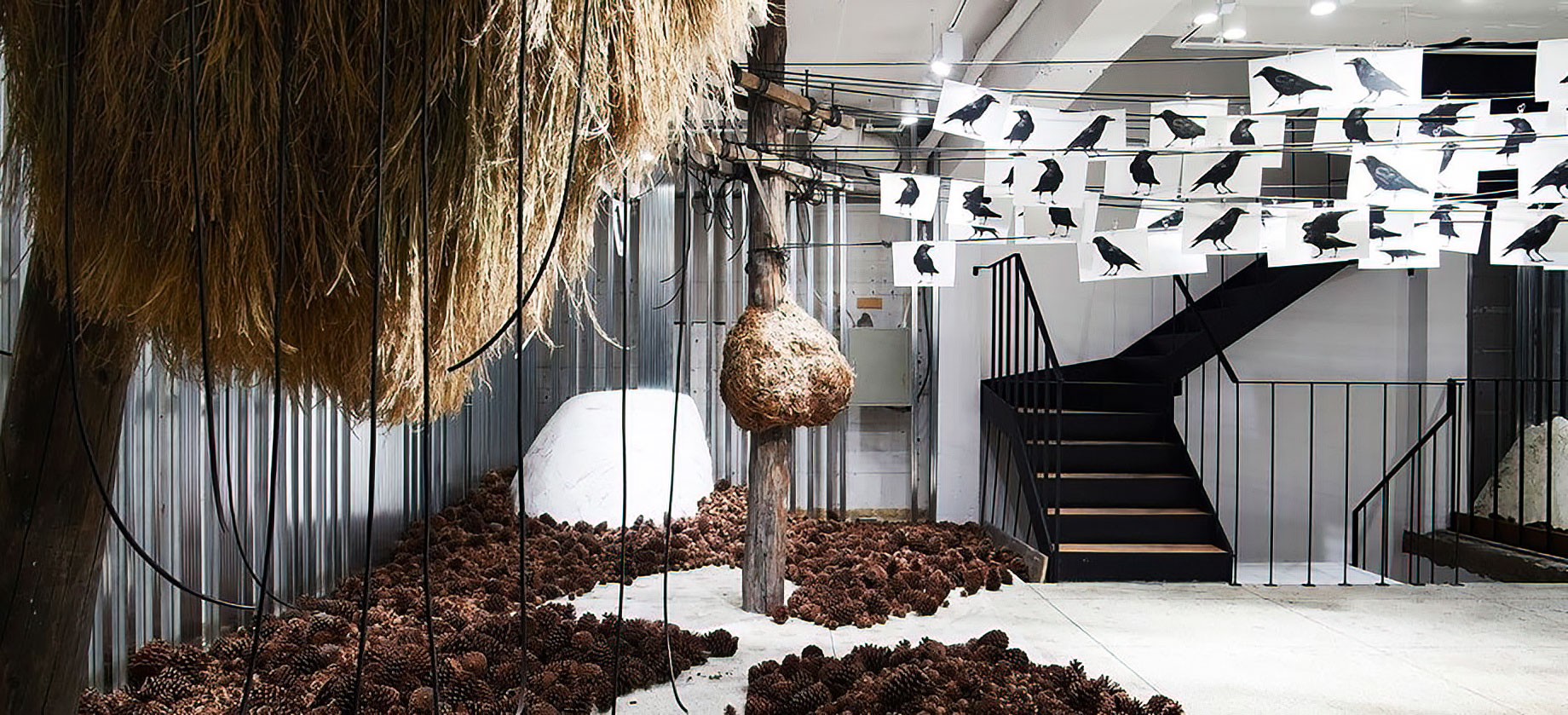
In addition to the aspects that pertain to the property’s physical condition, purchasers of luxury real estate often place a significant emphasis on the aspects that concern their feelings. The ability of a piece of real estate to represent a personal achievement, the architectural beauty of the structure itself, or the sentimental worth of the location may all contribute to a buyer feeling an emotional connection to the property they are considering purchasing. This emotional connection may frequently take precedence over practical concerns, which is why buyers are drawn to homes that speak to their emotions rather than those that meet their functional requirements.
Sam Rogers, CEO & President of Digital Directory Express
2. Investment Savvy: Financial Acumen in the Luxury Market
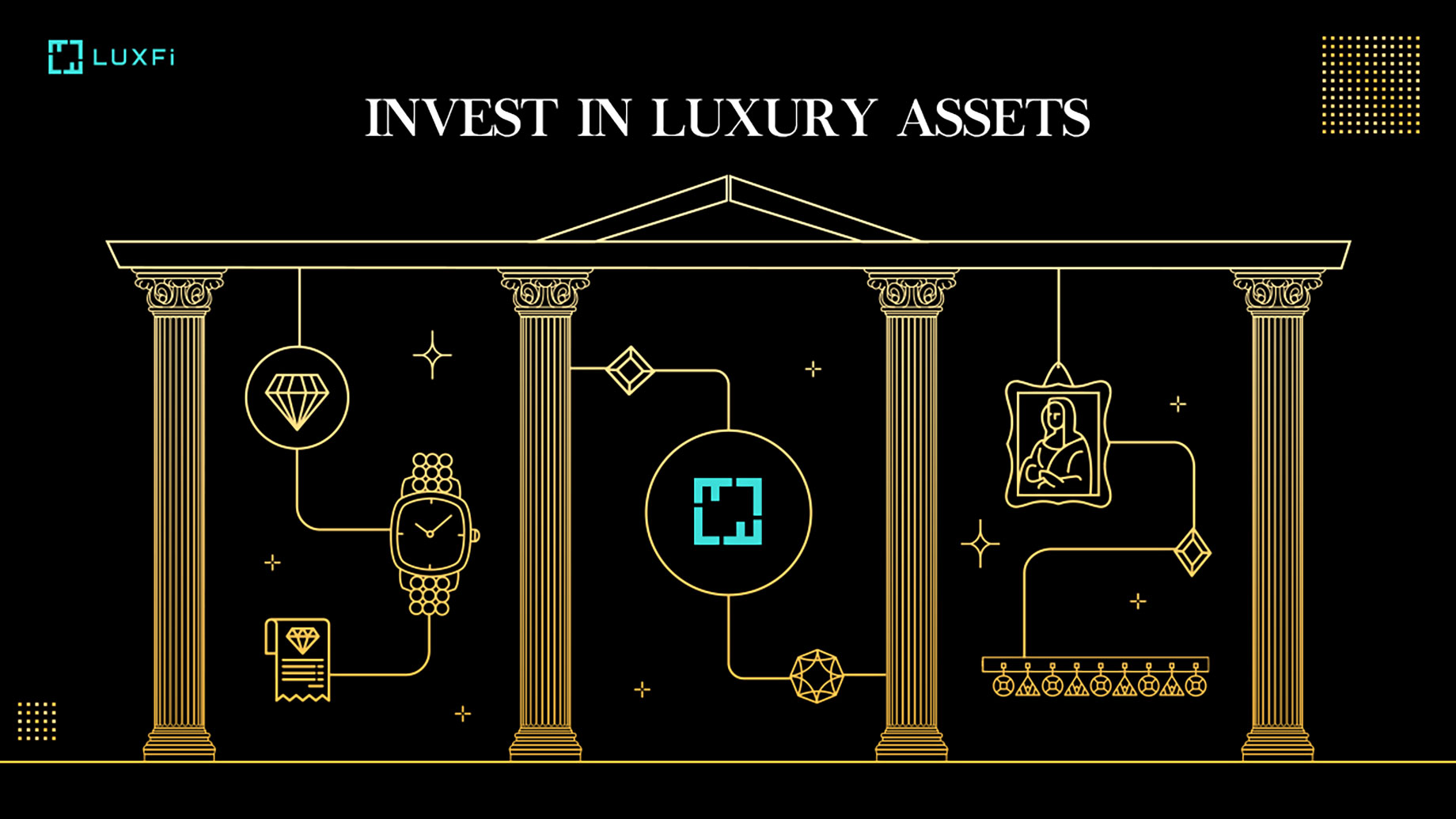
Not only is the acquisition of luxury real estate seen as a means to an end—that of leading a lavish lifestyle—but it is also seen as a prudent financial decision. When purchasing real estate, wealthy buyers usually do so with an eye on the property’s potential for value increase in the future. They guarantee that their investment will improve in value over time by taking into consideration several criteria, including the current status of the market, the potential for growth in the area, and the particular attributes of the property.
Mark Buskuhl, Owner of NineBird Properties
3. Exclusivity and Privacy: Seeking a Unique Living Experience
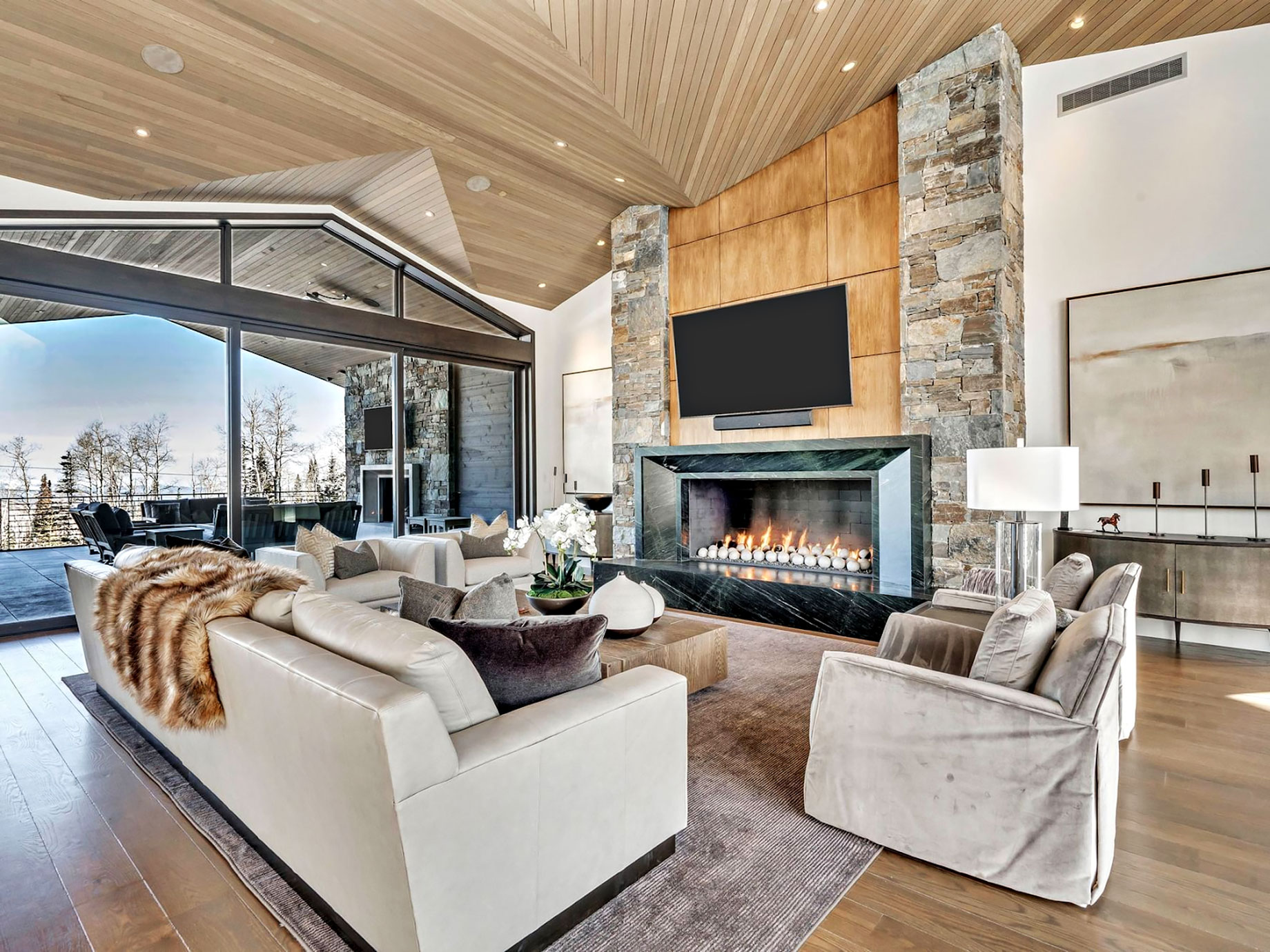
When it comes to high-end real estate, one of the most significant selling points is the ability to access just a limited number of available homes. Buyers are interested in acquiring distinctive dwellings that offer a sense of solitude and of being “set apart” from the usual in comparison to other homes in the neighborhood. It may be an antique mansion, a coastal cottage, or a penthouse with a panoramic view of the city. This level of exclusivity extends to customized services and amenities that have been created to go hand in hand with a premium way of life.
Imran Khan, Director at Home Detail
4. Lifestyle Alignment: Properties that Reflect Personal Values
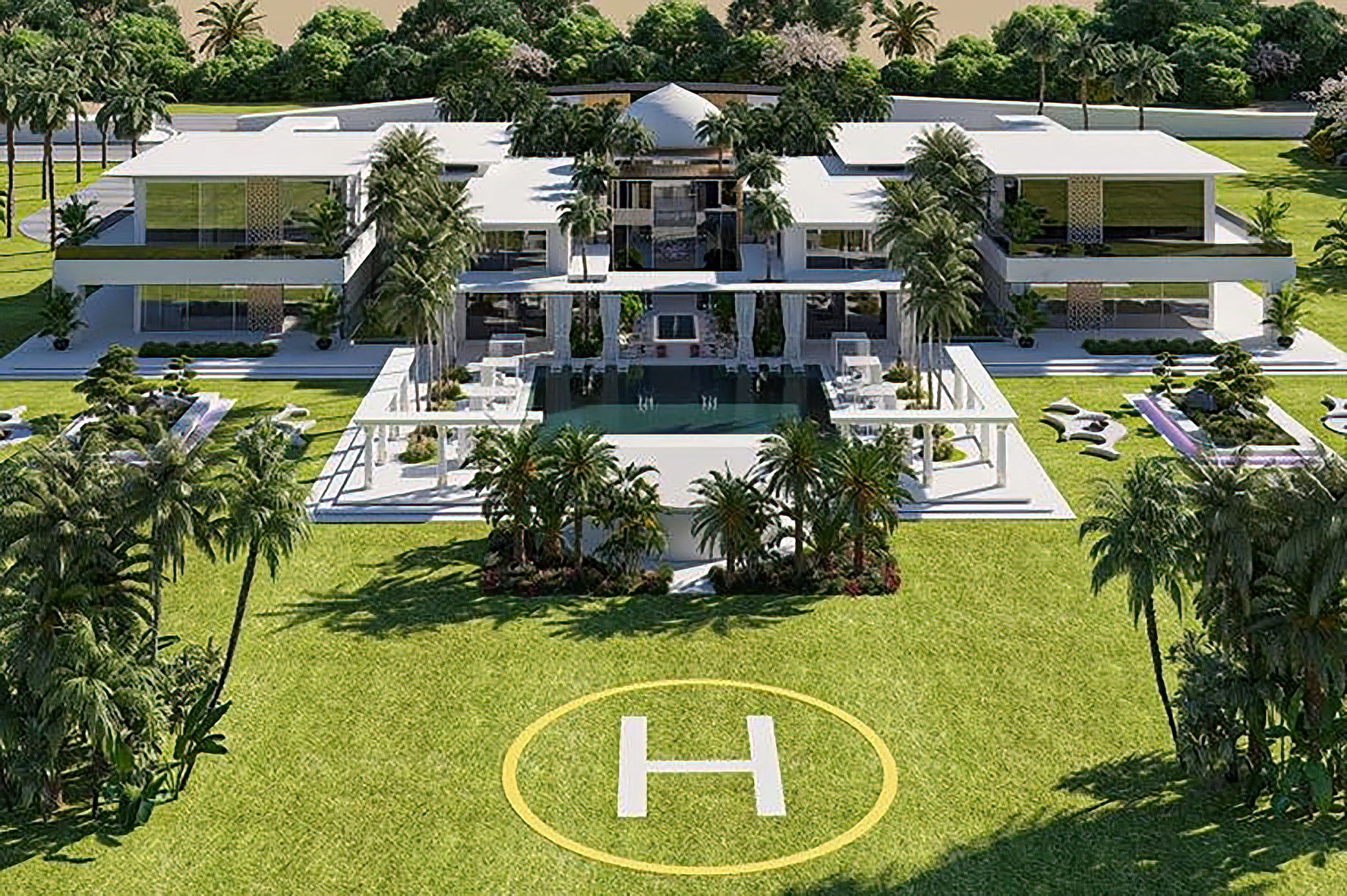
Homebuyers in the luxury market typically look for properties that represent not just their way of life but also their fundamental values and principles. This may imply a home that is technologically sophisticated and has the most modern technology for some people, while for others it may mean a home that is ecologically conscious and demonstrates a devotion to sustainability. This alignment ensures that their home is more than just a place to live; rather, it is a setting that is congruent with who they are as individuals, which makes it a more meaningful location for them to spend their time.
Sasha Quail, Business Development Manager at claims.co.uk
5. Status Symbol: The Role of Prestige in Luxury Purchases
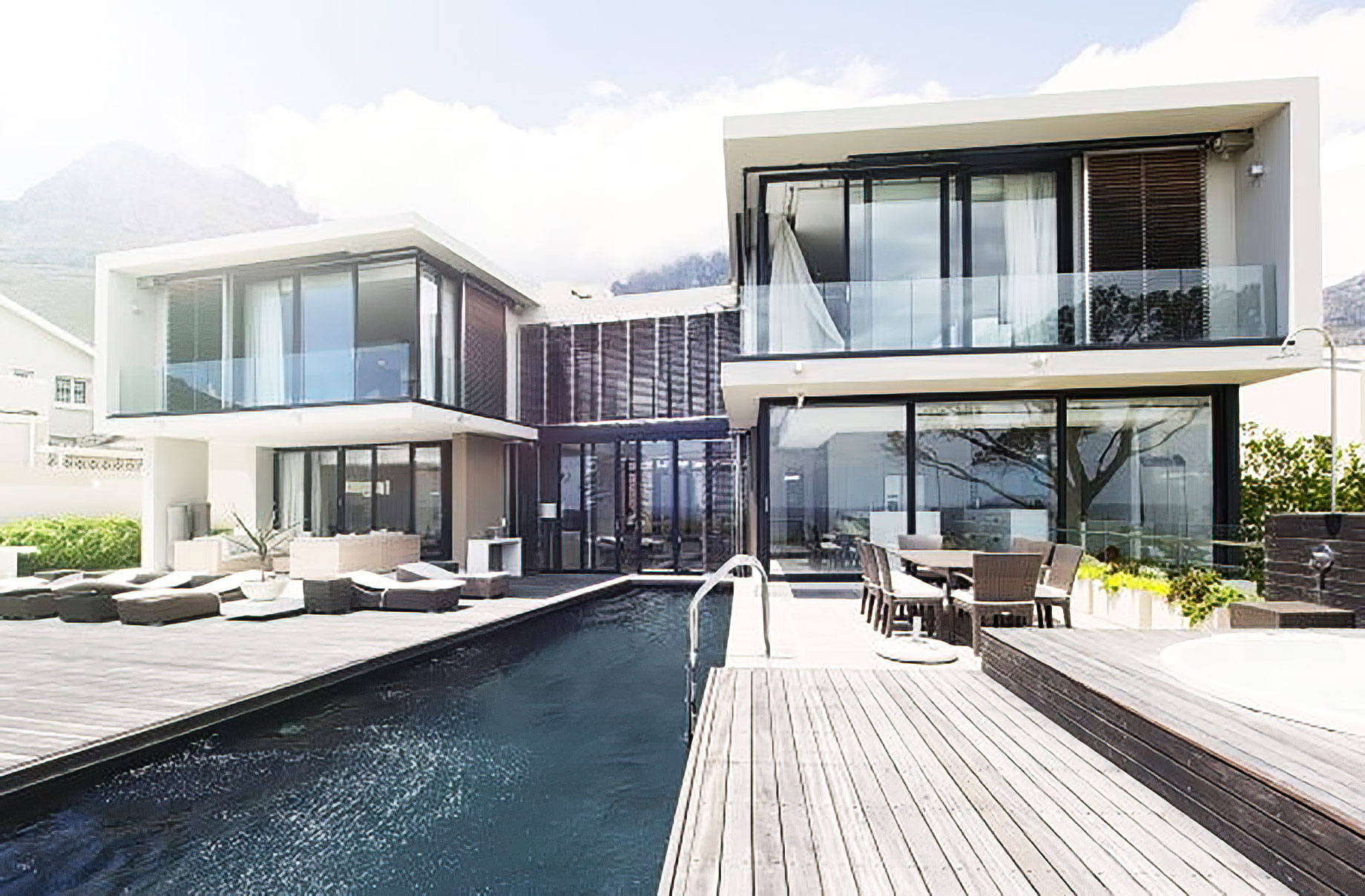
The ownership of opulent real estate is usually taken to be an indication of a person’s social status. Many purchasers consider the acquisition of a notable piece of real estate to be a concrete representation of the level of success they have achieved in their personal and professional lives. It is not just about the material characteristics of the property, but also about what it symbolizes, which might include accomplishments, social position, and financial success. This can be a very important factor. When seen in this light, the property serves not only as a symbol of the buyer’s journey but also of the successes they have achieved along the way, taking on the role of a symbol of pride in the process.
Daniel Foley, Founder of Daniel Foley SEO Consultancy
6. Global Trends and Cultural Influences

The luxury real estate market is progressively being influenced by occurrences that are taking place not just on a global scale but also in a variety of cultural contexts. For instance, more individuals are opting to work from home, which has led to an increase in the demand for luxury homes, many of which also have dedicated space for office work. In a similar vein, an increasing focus on health and wellness has led to an increase in the desire for houses that come equipped with their own fitness centers, spas, and outdoor spaces. This desire has led to an increase in the demand for homes that come equipped with their own fitness centers, spas, and outdoor areas.
Tiffany Payne, Marketing Manager at iFlooded Restoration
7. The Role of Marketing and Branding in Luxury Real Estate
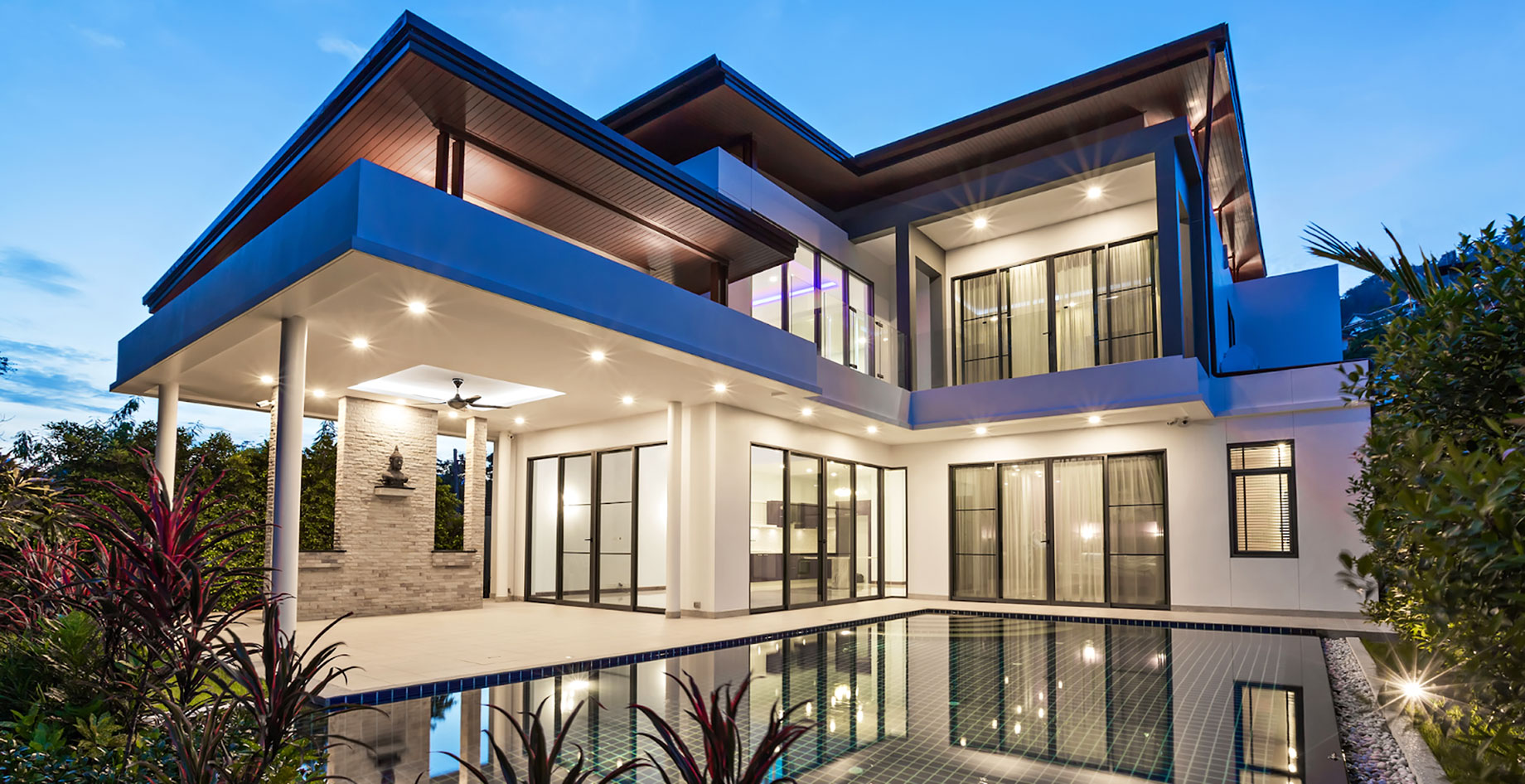
Marketing and establishing a name for one’s brand are of the utmost significance in the luxury real estate sector. The purchase of luxury real estate is usually marketed as much more than simply a location to call home; rather, it is presented as a way of life, an experience, and a marker of a certain social status. Using cutting-edge advertising strategies, real estate agents construct narratives that resound with the aspirations and requirements of prospective buyers
Gerrid Smith, Communications Manager at TEXAS PROPERTY TAX LOAN PROS
8. The Future of Luxury Real Estate Buying
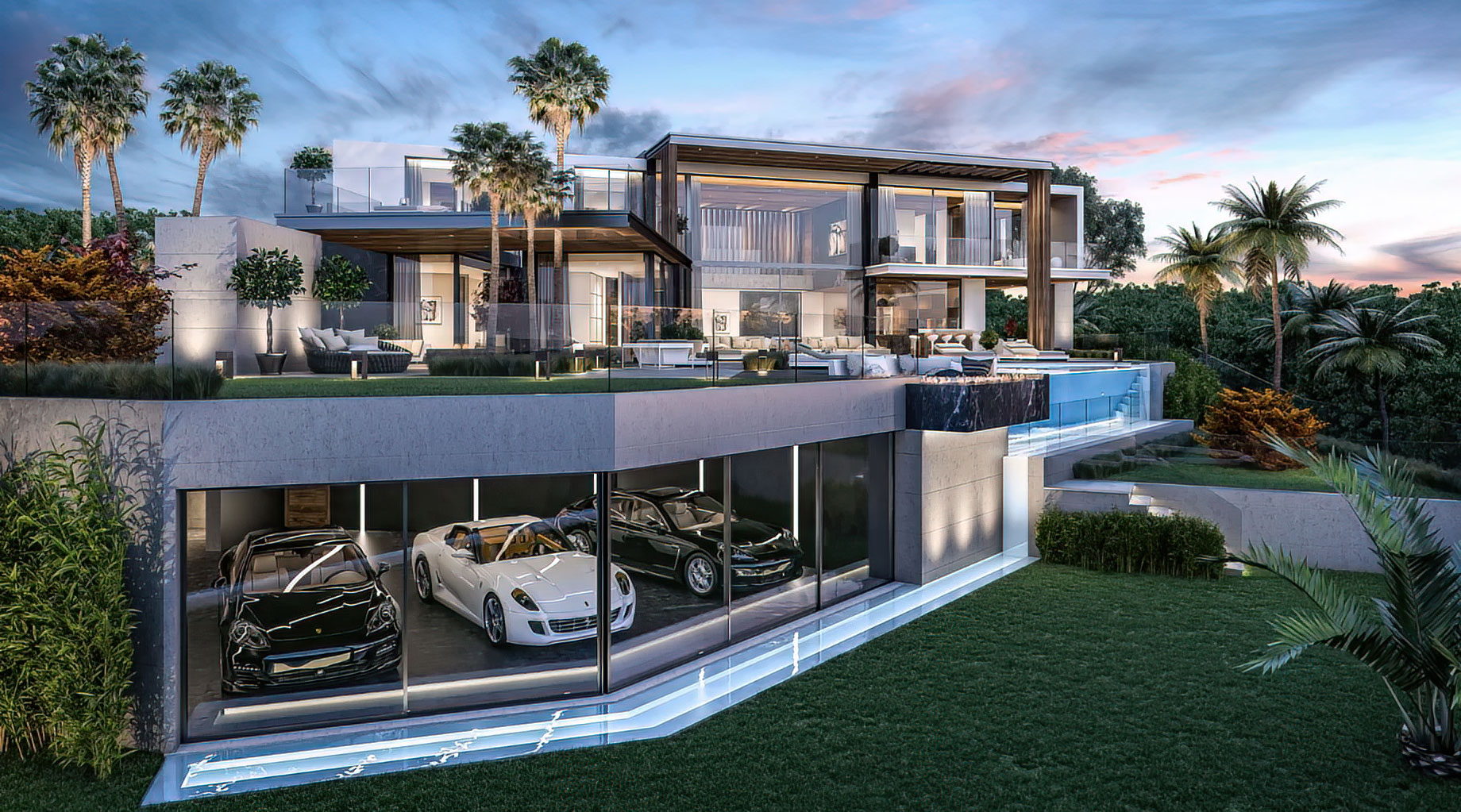
In the not-too-distant future, there will be a dramatic shift that will affect the nature of the luxury real estate market. As a consequence of breakthroughs in technology, such as virtual reality tours and targeted suggestions powered by artificial intelligence, the marketing and sale of luxury real estate are experiencing substantial modifications. These changes are bringing about considerable improvements. In addition, shifts in demography, such as the increasing spending power of younger generations are affecting the types of real estate that are in demand.
Arman Minas, Director at Armstone
Conclusion: A Complex Tapestry of Motivations and Desires
The psychology that lies behind the purchase of luxury real estate is intricate, with psychological, emotional, and financial factors all playing a part in the process of making a decision. For those who have no trouble providing for themselves financially, luxury property is much more than simply a place to lay their heads at night. For them, it is also a reflection of the trip they have taken through life, an assertion of their position, and a shrewd financial investment. It is essential to have a strong awareness of these many motivations to effectively traverse the complicated environment of the luxury real estate market. This is one of the reasons why having a thorough understanding of these motives is so important.